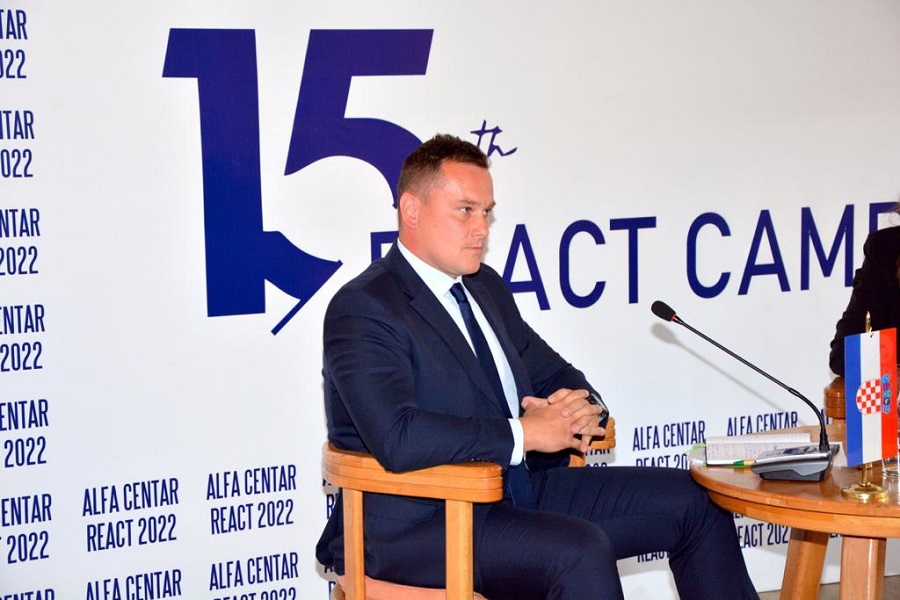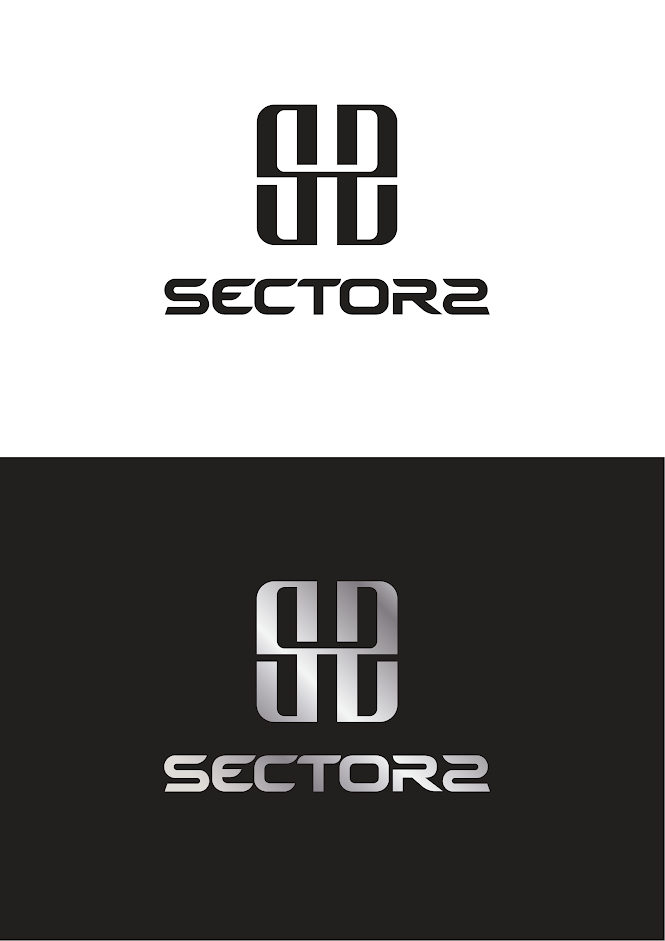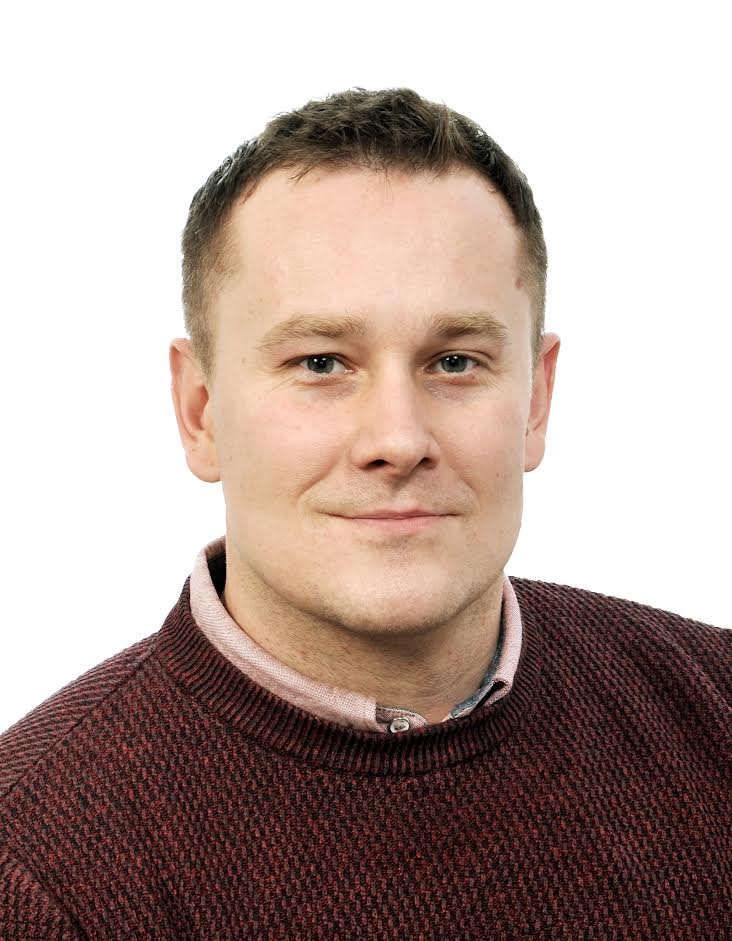January 17, 2023 - The tourism event industry is a major part of the Croatian economy, but who is taking pat of large event security. Meet Goran Košćak of Sector2.
The tourism industry has many facets, and there are many aspects that contribute to its success which rarely make the headlines. With an increasingly number of festivals and larger events in Croatia, the issue of event security is more and more relevant. I recently came across an enterprising Varazdin entrepreneur who has launched a new niche business within the tourism security industry.
The man behind the story is Goran Košćak. He is the founder and executive director of Sector2 d.o.o. from Varaždin, a company providing security consulting and solutions in tourism and event industry. So, Hi Goran and tell us about how and when you got the idea for your company and for this type of business model.

Hi, Paul. One could argue that the correlation between security and tourism is understood and inevitable. Even in its etymology, security, with the core of the term coming from Latin securitas is translated as the absence of worries. Tourism has the absence of worries as the essence of its very concept. Meaning, that the very last thing you want to or need to worry about when enjoying your holiday or attending your festival is your own security.
In analyzing the market of tourism, hotels or camping sites and events, business subjects rely heavily on the government and local public service to provide the expected level of security and do not engage properly in raising the security of their own destinations. For example, how many hotel resorts or camping sites have a corporate or any other security department or an individual responsible for security issues on the site? Agonizingly few, and often issues of security are delegated to maintenance, facility management or human resources departments. Organizers of festivals, conferences, and similar events tend to have security budgets; however, it often comes down to security guards. Security is a much broader concept than that, and physical security is not the only way to address potential threats. Whether it is an organizational adjustment, smart solutions, AI integration, infrastructural design, or sometimes just more security guards, the solutions for every client are individual and unique. Maximizing your security is not a generical assignment.
The idea originated back in 2015 after the terrorist attacks in Tunisia beach resort and museums, where attackers targeted tourists and a total of 60 people were killed. During that time, I was working on matters of national security and was analyzing security policies in Croatia. I began to understand that there are significant differences in public policies (goals and outcomes) in matters of tourism and security on national level, implementation on the local level and operational product in the real sector. In the upcoming years there were multiple reports of kidnappings in Mexico's tourism resorts because of their drug wars. As a result, hotel resorts in those and other countries in the World started investing to build up their security and provide their guests with a level of higher security and reduced risk (closed resorts etc.). Still, I could not find any adequate business model in Croatia, one that would address similar issues. And one must take into consideration that Croatia's economy is one of the most dependent on tourism in the EU (24.8% of GDP according to WTTC data). The idea grew, was developed, and organized over the last couple of years.

As we learned in recent years, threats to your tourist season do not have to come from near proximity to your destination. The global village we all lived in for the last couple of decades is going through fundamental changes with the forming of blocks of countries influencing the flow of goods and people related to tourism. An example is how the Ukraine-Russia conflict influenced the Montenegrin and other tourism seasons. Then again, the effects of the pandemic are still ongoing, the aviation traveling industry is still recovering, the migrant routes are still active, demographic effects on the labor market are as relevant as ever not only in Croatia. Cyber-attacks happen every day, we had a couple of extremist attacks in the EU just in the last couple of years (France, Belgium, Turkey, Austria), potential outcomes of Chinese-Taiwan conflicts on microprocessors shortage can influence the EU’s economy any month now, and there is a foreshadowing of a severe recession in Europe, especially, Germany, the country with the biggest incoming tourist's percentage in Croatia. To name a few. Anybody who works in tourism can testify to how some of these events have influenced or could influence the tourism season in the coming years.
However, there are ways in which one can prepare and organize so that when those changes happen, they do not set your organization back and through the process you build resilience of your organization for the years to come.
Sector2 focuses on the two intertwined sectors (tourism and event industry) in two ways - praxis and theory. Its services include operational and analytical support based on overarching principles of security for tourism resorts/destinations and standalone events/congresses. Also, we offer coaching, educational programs and policy analysis on the correlation between Security and Tourism. It is our strong position that even by investing in the training of the management or staff you can raise the level of security at a particular destination. Our services will contribute to the sustainability of your business, project, or location and offer you a marginal advantage towards your competition.
It all sounds very logical and straightforward. What do you believe sets you apart in the tourism market and what services and type of consulting is your company providing?
What sets Sector2 apart is the fact that there is no other company that focuses on these issues in this field across the region and that the professional experience that it brings is extremely specific. Our past is our biggest asset. Over the past seventeen years, I have personally been fortunate to have jobs that I have enjoyed and that have given me the opportunity to grow, learn and develop. For the first six years I have worked in tourism, dealing with various assignments and handling projects in marketing, PR, event, destination, and project management. Then, for more than a decade afterwards I have been involved with different matters of security, specifically international relations and diplomacy, security policies, intelligence and counterintelligence, national and corporate security, and risk management in the practical, analytical, and theoretical sense. I have a wealth of knowledge, experience, and networking contacts in these areas, which merged and resulted in the forming of the Sector2 company. Sector2 is the professional culmination of my experience, knowledge, skill, and interests.
The range of consultancy Sector2 provides goes from critical architecture and infrastructure, forming of security rings/areas, access control, credentialing, risk assessment, security protocols, crisis communication, security auditing, business intelligence, facilitation of video surveillance, cyber protection, data storage, data recovery, cooperation with local and national security services, standard corporative security, and other services. It also serves as a hub for companies that are well versed and experienced in the specific fields mentioned.
While evaluating the market, it became obvious that business owners in the tourism sector do not contemplate issues of security at all or until it is too late. Allowing Sector2 to evaluate their situation and give recommendations can improve not only their security and the security of their guests but also the quality of their product. Security consulting and recommendation of different solutions can be viewed as a way of risk evasion in insurance sense. Even better, we are developing a model of cooperation with two big insurance companies which would benefit business subjects in tourism. With the reduced risk of your destination or project, and the safer environment, there is no reason your insurance premiums should not be reduced.
Security can function with multiple purposes. Sector2 identifies major security risks and develops a set of agendas for managing them, which facilitate operations, prioritize protecting people and other organizational assets while supporting your vision and goals. We provide a coordinating service, marshaling relevant internal and external resources to provide a holistic response always guided by organizational objectives (Gill, 2022). It is our company goal to make your hotel resort, camping site or event profits and reduce losses. Sector2 individualizes and adapts the security needs of tourism/event organizations to add value to your business, enhance your product, and elevate the guaranties of your set goals.
An advantage we bring to the table is the specific experience. Tourism and event industry have delicate natures and viewing it solely from the security aspect could damage the organizational goals. It is rare for someone to embody that sense in one business model and that is exactly what we take pride in. In the last year alone, among our clients were hotels in Croatia and Austria, and we have worked on the biggest and most attractive festivals in Croatia such as the Ultra Europe Music Festival and Fusion World Music Festival in Split, Balkans Finest Competition on the Željava Air Base, and the Phoenix Project.

How do you evaluate the recent substantial changes in Croatia and how will it influence the tourism season, specifically the entrance in the Schengen- and Euro-zone? If you can focus on possible negative effects on tourism and how would you address them. Just some examples to see how Sector2 operates.
The positive effects on the Croatian tourism could be tremendous, most likely incremental, and I absolutely support both achievements. However, let us talk about the flipside of this euro-coin, risk-wise. There is less security on the border (direction EU) now so local and regional security services are going to have a lot more on their hands, especially during the tourist season. Therefore, I expect that the involvement of business subjects in matters of resolving security issues and raising security awareness on their properties will be expected to rise. For instance, there is a much higher possibility now than before that some persona non grata or illegal substances appear on your destination. Now that there is a border control missing. There are ways to contribute to the safety of your destination. Whether by education of your management and/or staff, better cooperation with the local services on these issues, implementing or adjusting the access control on the site, installing video surveillance with specific software or some other individual solution adequate for your destination or event. Sector2 is here to evaluate and facilitate your requirements and challenges.
The entering of the Eurozone should simplify many aspects of financial wellbeing for tourists in Croatia, especially foreign ones, in comparison to before. Even so, let me focus on the potential security issues tourism resorts and events could encounter. Primarily, one can expect that there will be a significant rise in foreign tourists coming with larger amounts of cash. That logically increases the possibility of counterfeited bills in circulation. If we take into consideration that your resort or event has many registers or micro locations selling items (bars, souvenir shops, leisure activities etc.), we can agree that there is a bigger chance that your organization is going to be affected by it. Also, visibly large cash amounts usually invite thieves or similar individuals. There are solutions for those issues as well. For instance, implementing a cashless system in your resort or event. That way all your financial intake has a bigger control. The Tax services are going to love it because it is easier to control, and inspections will go faster. There will be no money missing in the register by the end of the chaotic shift because there is no cash to go missing. People can use credit or debit cards, phones, apps, or specific RFID tags to pay their bills. In that sense, you gain control and secure a lot of the aspects of your destination/event.
To wrap things up, do you consider Croatia a safe country for the incoming tourists?
Absolutely. I am quite sure that you have mentioned quite a few times in your articles, interviews, and podcasts how safe Croatia is. And I agree with you wholeheartedly. There is not a safer tourist destination in the world I would recommend.
Then again, there is a significant difference between security and the perception of security, in tourism especially. If you can address both then you are on to something. Since I am speaking to a native English speaker, I would like to take advantage of an English saying, Grace Hopper I believe, “that the most dangerous phrase in English language is we have always done it this way.” Since it also applies to Croatia and our ways, I would not recommend tourism business subjects to rely heavily on everyone else to provide security and risk-free environment to their guests and clients, but to be progressive and contribute themselves to keep Croatia the safest tourism destination.
You can contact Goran for more information about his services via the Sector2 website.


